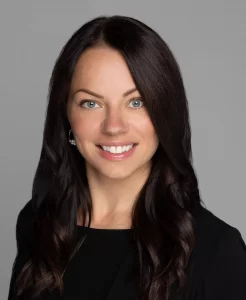As a parent of a young child, the majority of my daily decisions revolve around keeping my toddler’s schedule (and sanity) while pursuing my career goals as an Optometrist. And when struggling to keep up with this grind, I ask myself, are my efforts to contribute to a decent quality of life for my child and my patients even successful or is each day just passing by with the same inevitable outcomes?
It would be sad to believe in the latter, so YES, we can make a positive difference with our choices. One of the greatest responsibilities we have as parents, educators, and vision care providers, is making decisions that will positively impact the lives of children in the long term
Vision significantly influences school performance. Yet sadly, due to lack of awareness and education, children with correctable or preventable poor vision are misdiagnosed every day with learning disabilities. Nationwide each year, less than 14 per cent of children entering grade one has a comprehensive eye exam. This is despite the fact that an estimated one in four has a vision problem significant enough to impair their ability to learn. Children are covered every year by our provincial insurance for vision exams so there is little reason for not having children followed early and regularly as they grow to detect early development conditions that can decrease vision, such as myopia.
Parents often ask, what is myopia? Myopia, or nearsightedness, occurs when the eye grows too long relative to the focusing power of the eye. When the eye grows too long, it is at higher risk for vision threatening diseases. The most commonly seen type of myopia progression occurs between the ages of about 5 to 16 years old. Often, the child will not complain of blurry vision since early progression is unnoticeable. Children also are very adaptable and will compensate by squinting or getting closer to objects.
The consequences of doing nothing about progressing myopia are often devastating. Retinal Detachment risk increases by over 20 times in myopia over –5.00D. This sight threatening condition requires invasive surgical repair within 48 hours in order to avoid permanent vision loss. Perhaps the most compelling reason to do something is the fact that a child’s lifetime risk of irreversible damage to central vision is 40 times greater in myopia over –5.00D, and over 126 times greater over –7.00D! Even the risk of glaucoma and cataracts increases more than 3 times at just –3.00D. Risk increases further with family history.
If detected early enough, the progression of school-aged myopia can be slowed by 30-60% in most children using specialized lenses or eye drops.
Sadly, many patients struggle in life due to poor vision: Adults who cannot work or take care of their families, those with restrictions on recreational activities, and those who can not afford the higher cost of their vision correction needs, all due to vision complications from high myopia that progressed during childhood. I would NOT want this for my child. Thanks to a modern understanding of the mechanisms behind myopia, we now have proven methods to slow it down.
Please have your children screened for our myopia control program if:
- They have even slightly blurry vision in the distance without glasses
- A parent or other sibling wears glasses for distance
- They wear glasses and/or their eyes continue to get worse yearly
- They are on a computer/handheld screen for more than 1-2 hours a day
- Any or all of the above!
We are pleased to have the chance to get parents interested in learning more about myopia and the many new options to treat it. If you have a child who wears glasses, you can do more research using the links and information on our myopia control webpage. Then contact us to set up an appointment with one of our optometrists and find out what steps you could take today to provide the best vision and health for your child tomorrow.

Dr. Sheila Morrison, Optometrist (MS, F.S.L.S.)
Dr. Morrison’s academic and clinical accomplishments are renowned in the eye care world. She is currently a residency supervisor for our corneal disease and specialty lens program. Dr. Morrison has a research focus on scleral contact lenses, and myopia management, particularly using orthokeratology.






